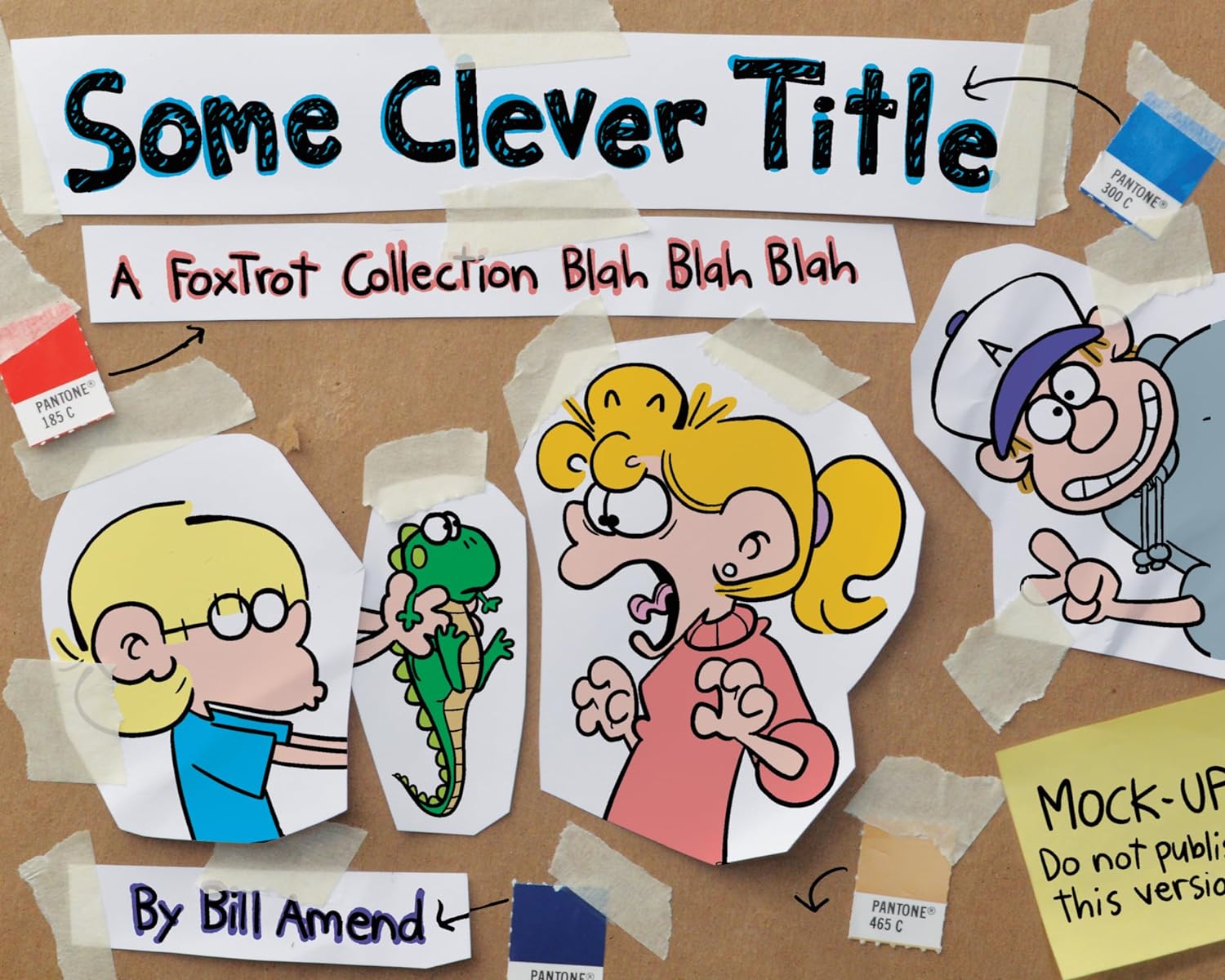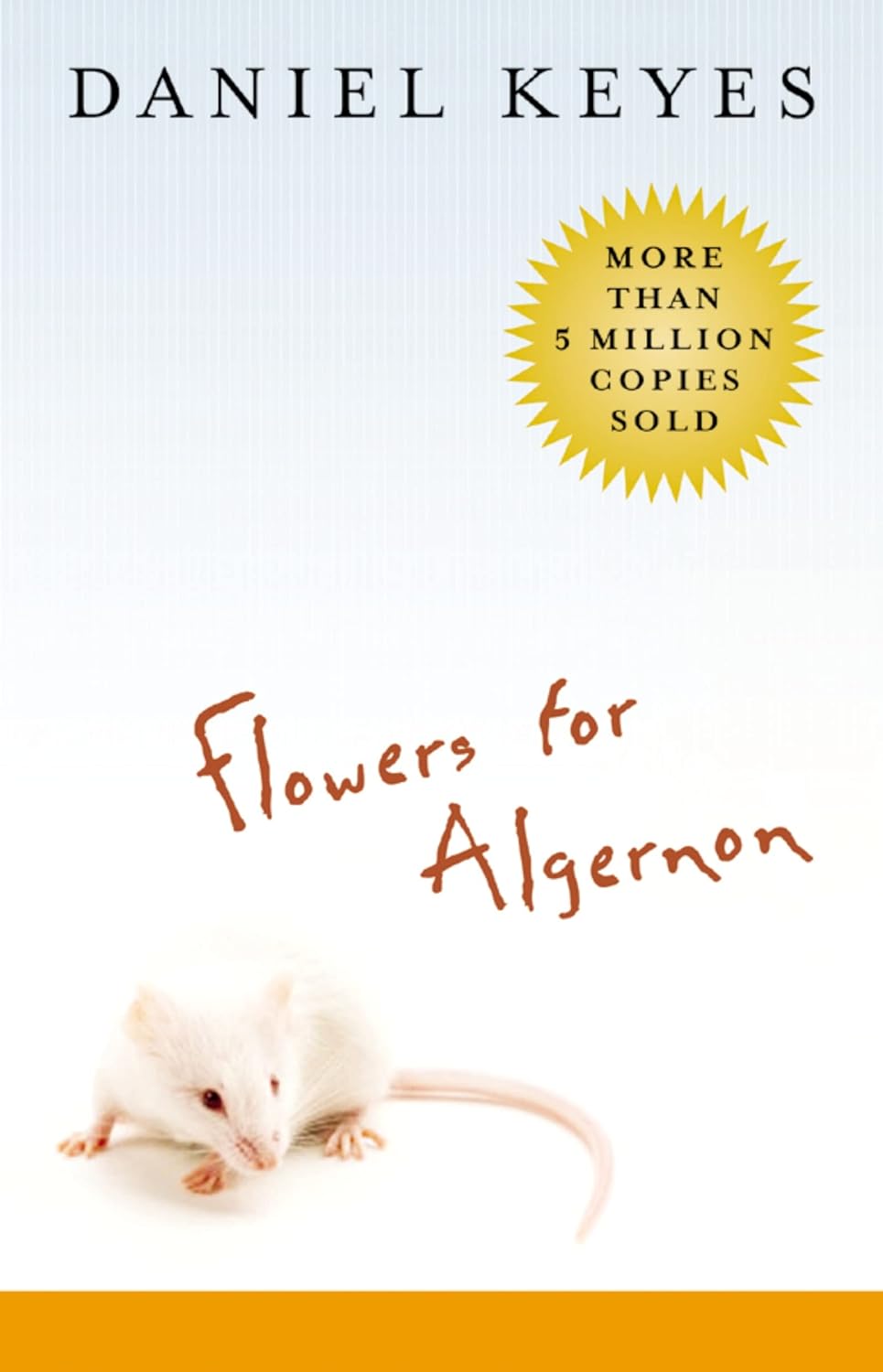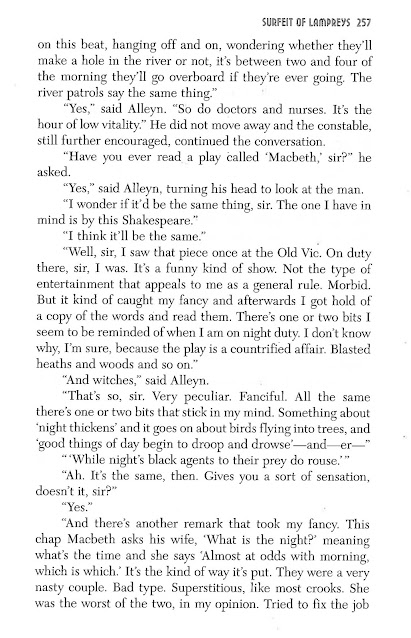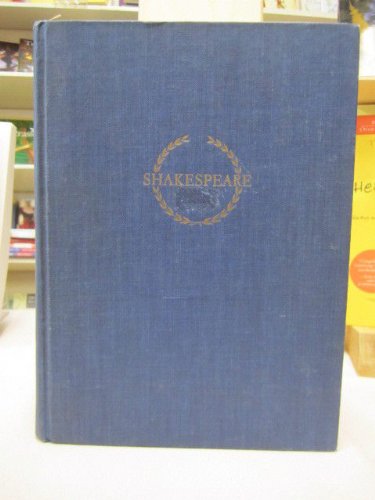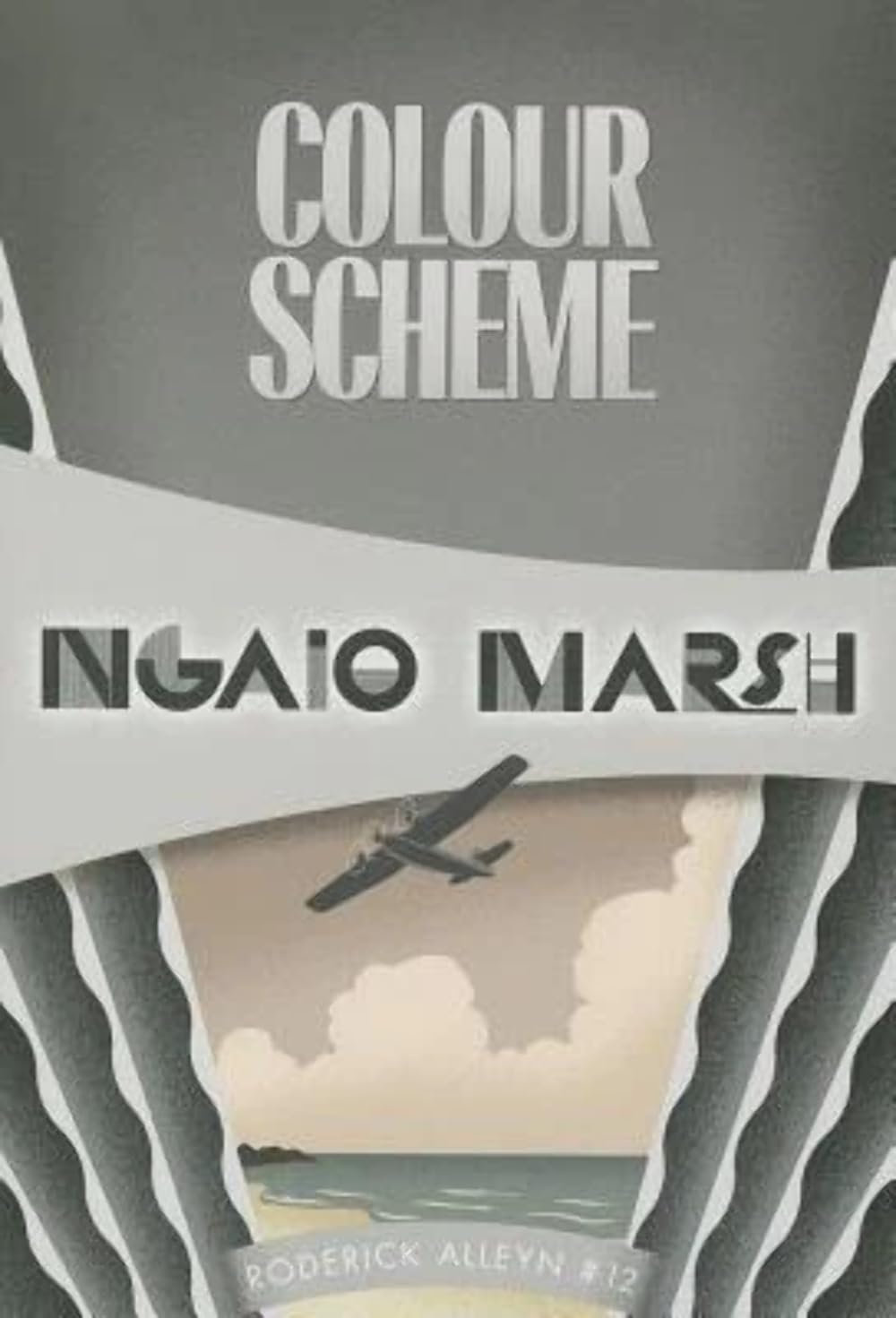Well, my voice just isn't up to recording this one, but I did want to share it with you. Grab your favorite karaoke version of "Only the Good Die Young" by Billy Joel (here's
.
Come out, Ophelia, don’t make me wait.
You Danish-y girls start much too late.
Oh, insanity isn’t a character trait
From walking i’ th’ sun . . .
Well, they gave you a prayer book and asked you to pray;
They hid in the arras to watch what you’d say—
Ah, but they never thought that your brain would decay
When Hamlet said, “Be a nun.”
Only the good drown young—that’s what I said.
Only the good drown young.
Only the good drown young.
You might know that I run with Horatio, and
He ain’t strange things apt to understand,
But at least he saw the ghost firsthand,
Ah, and he told me what it done.
So, come on, Ophelia, shall I lie in your lap?
Let’s watch the play: Don’t you know? It’s a trap!
There’s one more thing that I ought to recap:
Ophelia, you’re just no fun.
Darling, only the good drown young.
Whoa, whoa, whoa.
I tell you, only the good drown young.
Only the good drown young.
You got a big bouquet at your daddy’s funeral oration.
You got some rosemary . . .
Mmmmm, and a few pansies.
But, Ophelia, they didn’t give you quite enough good flotation.
You said, “Any more is sin”
When you were saying your orisons.
O, o, o . . .
They say there’s a purgatory for dad.
They also say that I may go mad.
I’d rather be melancholy than just plain sad—
Must no more be done?
You know that only the good drown young.
O, baby, babe.
I tell you, only the good drown young.
Only the good drown young.
You say my mother said the willow by the brook was an invitation.
Aww, she never saw you splash.
But was the deed bloody and rash?
O, o, o . . .
Come out, come out, come out,
Ophelia, don’t make me wait.
You Danish-y girls start much too late.
Insanity isn’t a character trait
From walking i’ th’ sun . . .
You know that only the good drown young.
Tell you, baby . . .
Only the good drown young.
Only the good drown young.
Only the good . . .
Only the good drown young. [Splash.]






